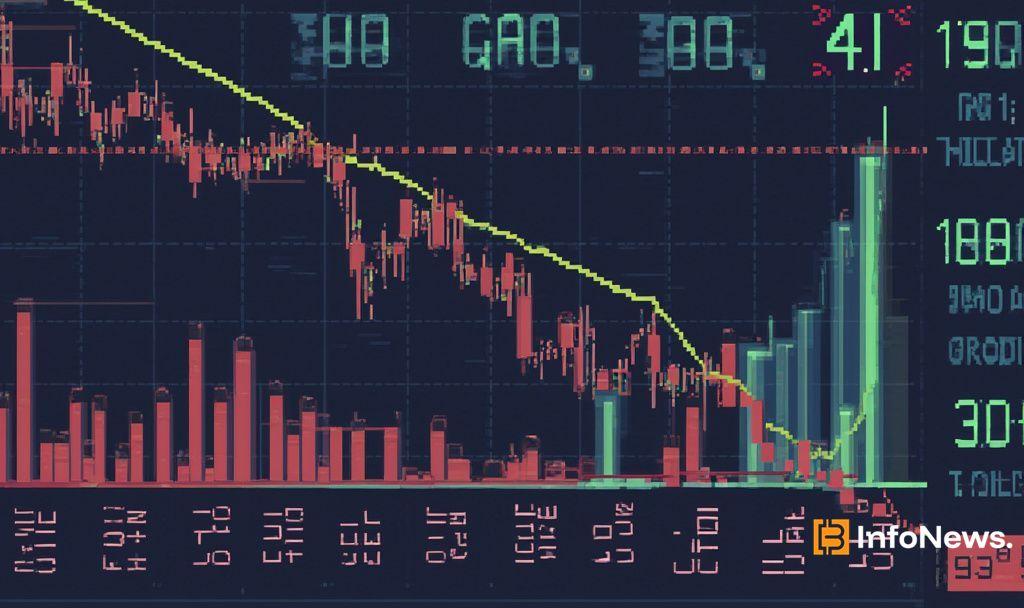Nvidia Stock Drops Over Trump Tariff Announcement
- Nvidia shares fell 4% after tariff news, affecting AI trade.
- AI trade instability impacts Nvidia’s market value.
- Volatility in tech stocks linked to policy changes.

Nvidia shares fell 4% amid announcements from the Trump administration introducing new tariffs. The event took place as investors reacted to the potential impact on artificial intelligence trade.
The new tariffs could disrupt Nvidia’s AI sector, highlighting global trade instability. Stock markets showed volatility, reflecting investor anxiety.
Trump Tariffs Trigger 4% Drop in Nvidia Shares
In a new policy move, the Trump administration announced tariffs impacting AI trade. Nvidia’s stock dropped as markets reacted swiftly to the news, reflecting investor concerns about the tech sector’s stability.
The tariff decision was part of a broader trade policy. Key stakeholders in the AI industry, such as Nvidia, are likely to face increased production costs, while new trade barriers are introduced.
Industry Alarm: AI Trade Faces New Challenges
The market saw an immediate reaction, with Nvidia’s share price dropping significantly. AI-focused firms expressed concern, predicting increased costs and decreased competitiveness in global markets.
Industry analysts noted potential financial repercussions, highlighting risks for other AI enterprises. The tariffs may hinder innovation and growth within these sectors.
Previous Tariff Action: Stock Volatility Lessons
Historically, tariff announcements have led to market fluctuations. Previous similar measures resulted in temporary stock market dips and sometimes long-term strategic shifts by affected companies.
Experts suggest that continued trade tension may lead to further economic instability, with broader consequences for the global technology market based on past patterns. Jensen Huang, CEO of Nvidia, stated: “While short-term challenges exist, Nvidia remains committed to innovation and long-term growth. We’re adapting to the evolving trade landscape and exploring domestic manufacturing options.”




